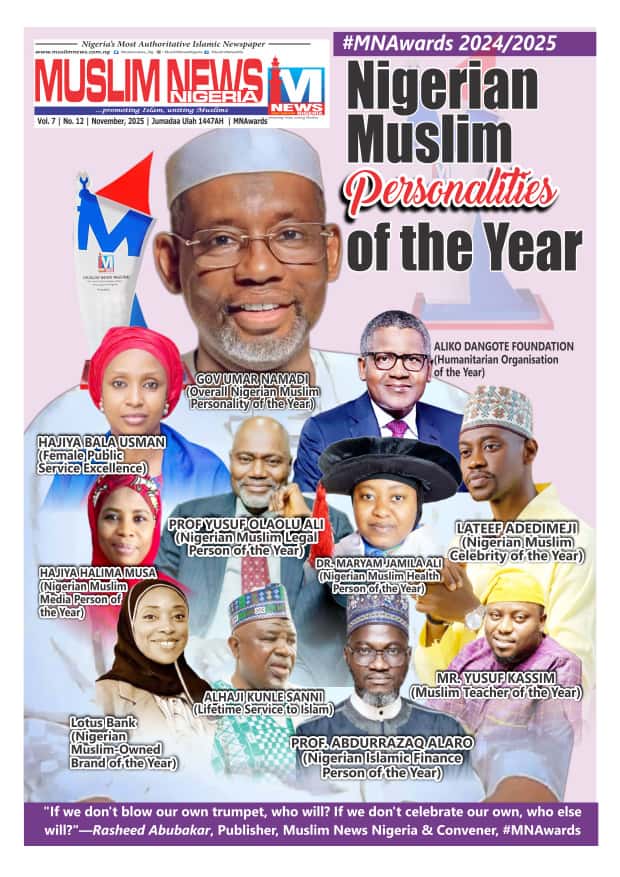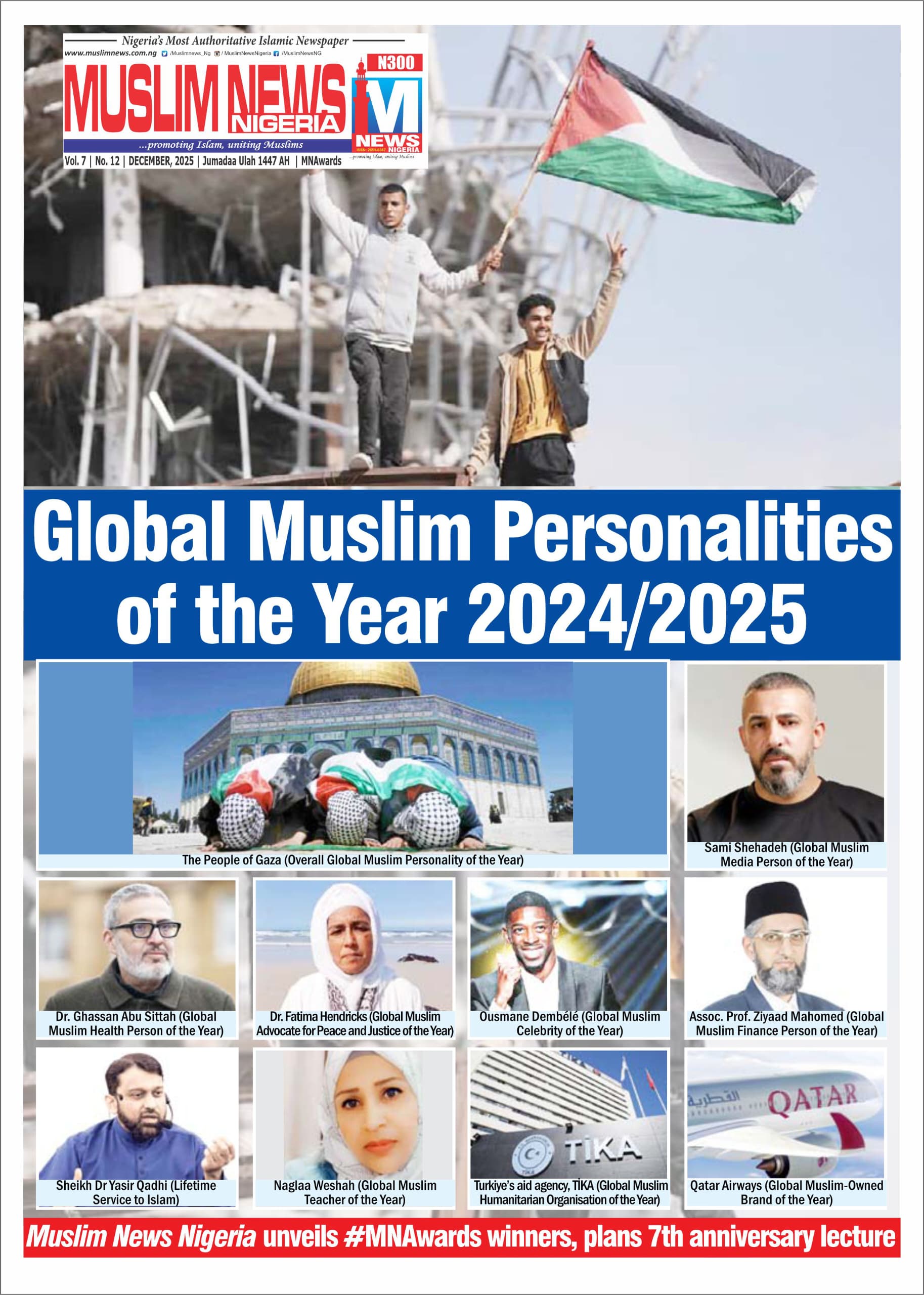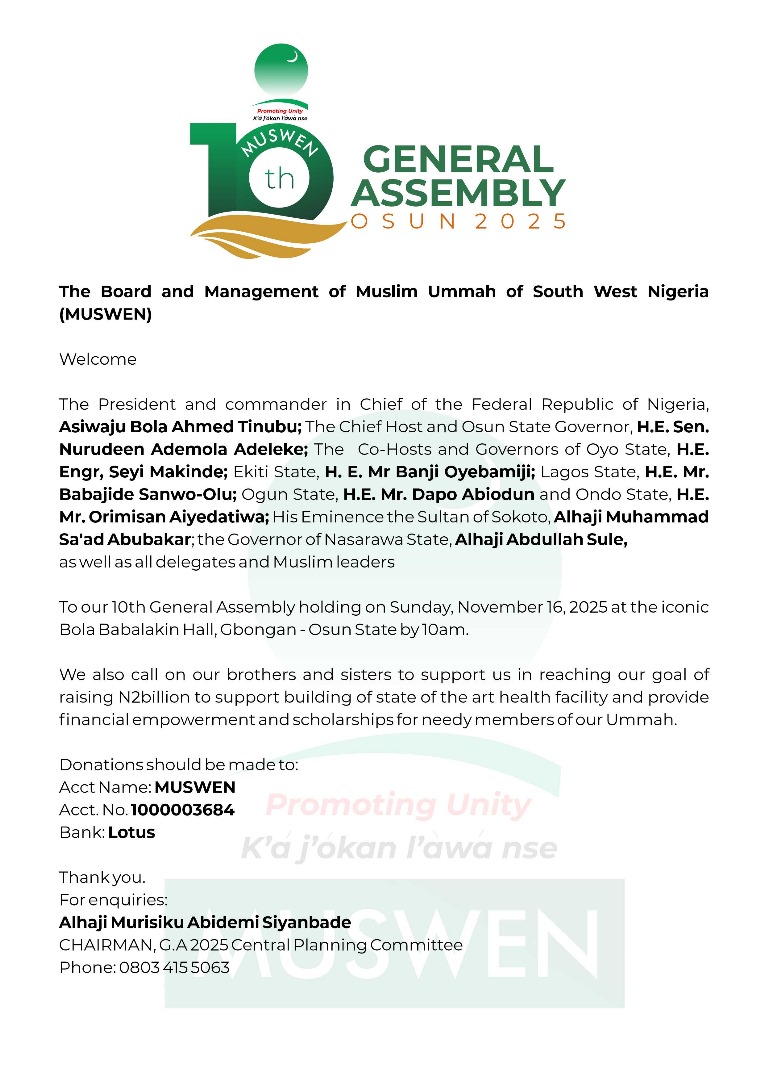Sociological snapshot: Throughout Nigeria’s history, numerous protests have highlighted the people’s struggle against oppression and the demand for justice from the government. In the Aba Women’s Rebellion of 1929, Igbo women in eastern Nigeria rose against colonial taxes, challenged the policies of the British government and demonstrated their resilience, but ended tragically with many deaths.
Similarly, in 1947, the Abeokuta Women’s Union led by Funmilayo Ransome-Kuti protested an unfair tax system, which led to the abdication of the Alake of Egbaland and the abolition of the tax system. Student protests were also important. In 1978, Nigerian universities united in the Ali Must Go movement against fee increases, expressing dissatisfaction with the government’s education policies. The anti-SAP riots of 1989 were sparked by the negative effects of the IMF-imposed structural adjustment program and led to students demanding better economic governance. Political protests also played a crucial role. The June 12, 1993 protests followed the annulment of a presidential election in which demonstrators demanded recognition of their voting decision. The Save Nigeria Group protested in 2010 against the political vacuum created by the absence of President Yar’Adua and advocated for adherence to the constitution and stability.
Economic and social problems have also led to protests. In 2012, Occupy Nigeria saw nationwide demonstrations against the removal of fuel subsidies, leading to their reintroduction and a review of government spending. The EndSARS movement in 2020 highlighted police brutality and led to the disbandment of the Special Anti-Robbery Squad, but continued calls for comprehensive reforms. Finally, the Academic Staff Union of Universities (ASUU) has staged numerous protests since 1988 demanding better funding, better conditions and fair wages, underscoring the need for systemic reforms in the Nigerian higher education sector. Despite these concerted efforts, the protests often failed to produce significant results. This persistent lack of impact can be attributed to several deep-rooted problems inherent in Nigeria’s oil-based economy, rampant corruption and weak governance structures.
The Entrenchment of Oil Dependency: Nigeria’s economy is heavily dependent on oil, which accounts for a significant portion of the country’s revenue. This dependence on oil has created a rentier state in which the government prioritizes the interests of oil companies and elites over the general population. In such an environment, the wealth generated by oil often does not reach the average citizen, exacerbating inequality and social discontent. The concentration of wealth in the hands of a few has led to the neglect of other important sectors such as agriculture, manufacturing and services. This lack of economic diversification has left the country vulnerable to fluctuations in global oil prices and hindered the development of a robust, sustainable economy that could provide better opportunities for its citizens. In what ways can protests remedy these rots?
The Pervasiveness of Corruption: Corruption remains a significant obstacle to progress in Nigeria. It permeates all levels of government, from the highest levels to the grassroots. The systemic nature of corruption means that public funds intended for development projects, infrastructure, healthcare and education are often siphoned off by corrupt officials. This diversion of resources not only hinders development but also undermines public trust in government institutions. Furthermore, most protesters are beneficiaries of this corruption. They have fathers, mothers, uncles and family members who have changed our community. Many Nigeria Labor Congress (NLC) leaders, student unions and other activists have been bribed at various times in Nigeria, affecting their struggles. When citizens perceive the government as inherently corrupt and observe the same behaviour from protest leaders, their motivation to engage in civic activities, including protests, decreases. They often believe that the entrenched interests of corrupt officials will prevail, no matter how loud their voices are. Do protest organizers have alternative policies and plans for the thematic issues that are holding back our march toward inclusive development?
Weak Governance Structures: Nigeria’s governance structures are riddled with inefficiency and lack of accountability. The weak institutional framework allows corruption to thrive and hinders the implementation of policies that could address the country’s pressing problems. The judiciary, which is supposed to serve as a check on executive power, is often compromised, further entrenching the culture of impunity. In addition, the bureaucratic burden and lack of transparency in government operations make it difficult for citizens to hold their leaders accountable. This lack of accountability perpetuates a cycle of mismanagement and corruption in which those in power can act with impunity.
The Ineffectiveness of Protests: In an oil-dominated economy with deep-rooted corruption and weak governance structures, protests often do not result in meaningful change as multiple factors contribute to this ineffectiveness. The government frequently deploys security forces to suppress protests, using tactics ranging from intimidation to outright violence. This repression discourages participation and weakens the momentum of protest movements. Who are the faces behind the new protests, and do they have control over the participants? Second, protests in Nigeria often lack sustained commitment and follow-through. Without a coherent strategy and sustained pressure, initial successes are quickly reversed, and the status quo remains. Third, the lack of unity among protest groups weakens their impact.
Differing intentions and interests dilute the focus and effectiveness of protest actions and make it easier for the government to reject or co-opt these movements. If the federal government invites the protest leaders, will they be ready? Fourth, government control or influence over media often results in limited coverage of protests. This media blockade prevents the public from becoming fully aware of the issue and reduces the pressure on the government to act. Furthermore, protests in other countries such as Bangladesh, the United States, Pakistan, Kenya and Sri Lanka showed similar patterns of failure. The various protests in several failing states in recent times often result in death, maiming, looting and further hopelessness, helplessness and unhappiness, making the situation even worse than before. The experiences of these countries highlight the challenges and potential futility of relying solely on protests to bring about change in an environment characterized by systemic corruption and weak governance.
My Proposed Solutions: The fundamental explanation for Nigeria’s underdevelopment is the division between four inseparable units: academia, industry, community and governance. These quadruple units must align. Academia is an important unit led by professors, researchers and other intellectuals, providing the intellectual resources, guidance and guidance to the three other units. At independence, the academic was enviable and its integrity intact. However, politicians have made academia useless through impoverishment and poor funding. Industry is the economic unit led by entrepreneurs, investors, traders, contractors, industrialists and captains of manufacturing companies, who cooperatively and collectively drive the economy. The industry stakeholders are wealth creators and engineers of economic growth and development partners. The industry unit is always the target of the politicians because of their existential influence and control of food, clothing, fuel, and shelter among other items. Aliko Dangote’s struggles are just one example of how ‘the industry’ is caged and imprisoned. The community is the last unit with the largest number of people. It is led by traditional rulers, religious leaders, opinion leaders, youth associations, cultural groups, trade associations, professional groups, market associations and the public. The community owns the votes and has the power to hire and fire politicians. The community has been imprisoned and chained through impoverishment and the takeover of state institutions and structures such as the military, police, courts and political parties. The governance unit serves all three other groups. However, after independence and during the turbulent period of the late 1960s and early 1970s, a small group of people took control of the lifeline of the community. Nigerians should concern themselves with how to liberate academia, industry and the community from social, economic and political captivity! That’s the crux of the matter.
In conclusion, while protests have their purpose to advocate for change, they alone are not enough to address the deep-rooted problems in Nigeria’s oil-led, corrupt and capitulating economy with weak governance structures. A multi-pronged approach that includes institutional reform, economic diversification, civic education and the use of technology is critical to creating a fairer and more prosperous Nigeria. We don’t need to be an orator to predict that the proposed protest will be a failure even before it is implemented. These are bad times and intellectually empty with faceless sponsors. The current government inherited a struggling economy with institutionalized corruption and leadership structures. It will take years to revitalize Nigeria through targeted transformational leaders and ecosystem developers.
Dr. Lukman Raimi is a scholar and expert in economic development, governance, and entrepreneurship. His work focuses on creating sustainable solutions to socio-economic challenges in Nigeria and other emerging economies.








Nigeria need to be restructured. We either go back to our 1963 constitution, the magnitude of corruption in the present arrangement cannot be curbed by any president..just look at what is happening at NNPCL alone..couple with nepotism..we need to pray to Allah to give the present leadership the courage to restructure this country. Our colonial master knows what is good for us,before we jettison it.